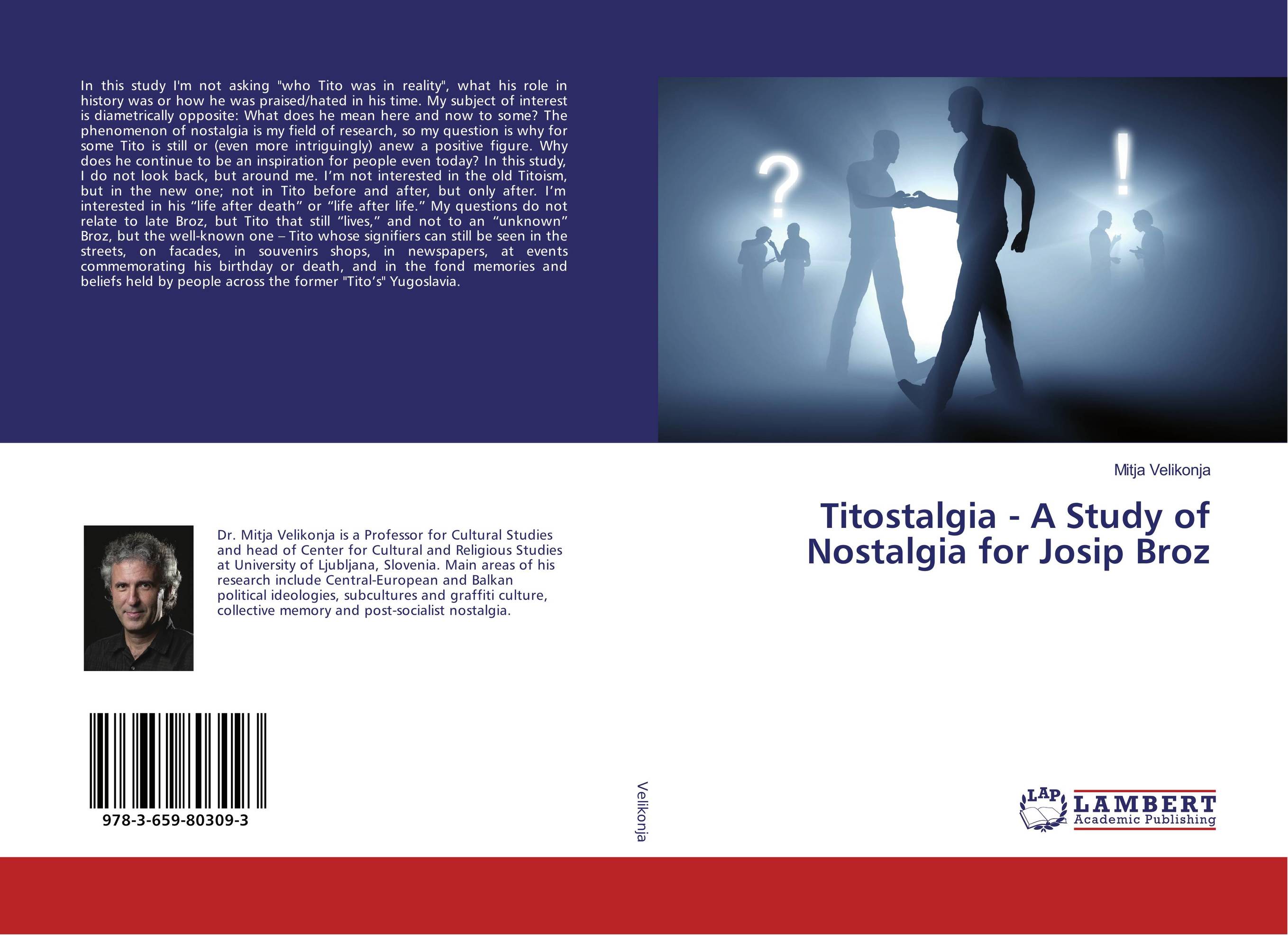| Поиск по каталогу |
|
(строгое соответствие)
|
- Профессиональная
- Научно-популярная
- Художественная
- Публицистика
- Детская
- Искусство
- Хобби, семья, дом
- Спорт
- Путеводители
- Блокноты, тетради, открытки
Titostalgia - A Study of Nostalgia for Josip Broz.

В наличии
| Местонахождение: Алматы | Состояние экземпляра: новый |

Бумажная
версия
версия
Автор: Mitja Velikonja
ISBN: 9783659803093
Год издания: 2017
Формат книги: 60×90/16 (145×215 мм)
Количество страниц: 112
Издательство: LAP LAMBERT Academic Publishing
Цена: 25055 тг
Положить в корзину
| Способы доставки в город Алматы * комплектация (срок до отгрузки) не более 2 рабочих дней |
| Самовывоз из города Алматы (пункты самовывоза партнёра CDEK) |
| Курьерская доставка CDEK из города Москва |
| Доставка Почтой России из города Москва |
Аннотация: In this study I'm not asking "who Tito was in reality", what his role in history was or how he was praised/hated in his time. My subject of interest is diametrically opposite: What does he mean here and now to some? The phenomenon of nostalgia is my field of research, so my question is why for some Tito is still or (even more intriguingly) anew a positive figure. Why does he continue to be an inspiration for people even today? In this study, I do not look back, but around me. I’m not interested in the old Titoism, but in the new one; not in Tito before and after, but only after. I’m interested in his “life after death” or “life after life.” My questions do not relate to late Broz, but Tito that still “lives,” and not to an “unknown” Broz, but the well-known one – Tito whose signifiers can still be seen in the streets, on facades, in souvenirs shops, in newspapers, at events commemorating his birthday or death, and in the fond memories and beliefs held by people across the former "Tito’s" Yugoslavia.
Ключевые слова: collective memory, graffiti, nostalgia, popular culture, utopia, Yugoslavia, Tito



